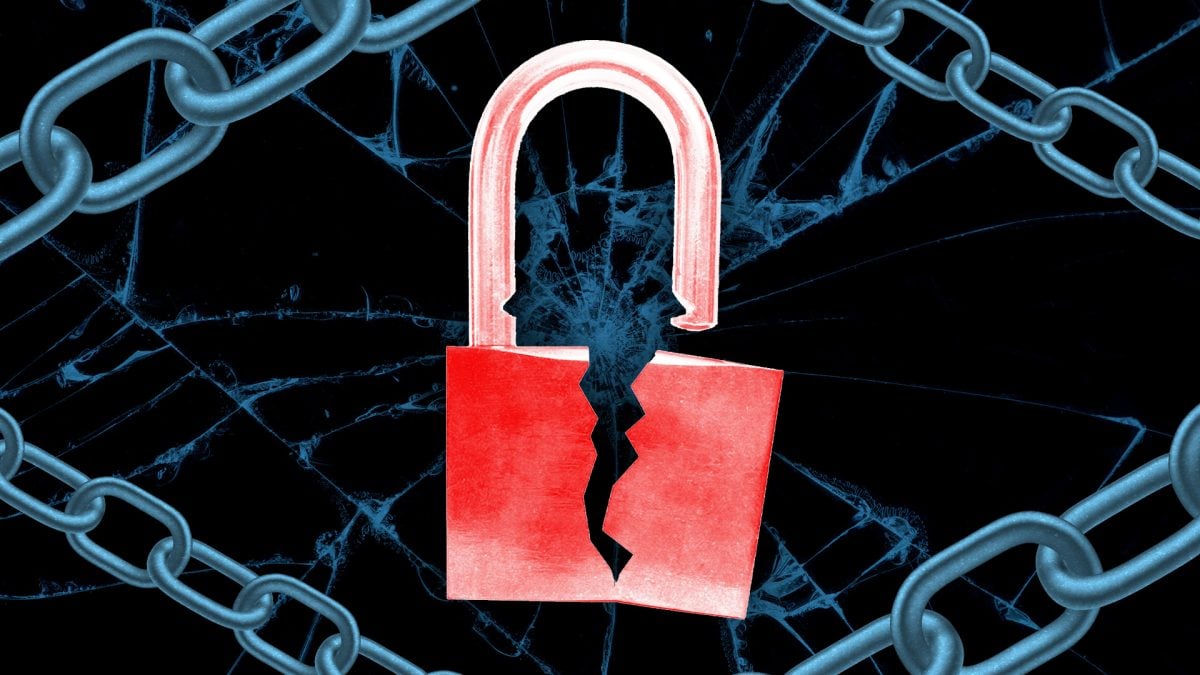- cross-posted to:
- technology@lemmy.world
- cross-posted to:
- technology@lemmy.world
The way I read the article, the “worth millions” is the sum of the ransom demand.
The funny part is that the exploit is in the “smart” contract, ya know the thing that the blockchain keeps secure by forbidding any updates or patches.



I can’t really address the first part about selling the house on paper and not transferring the NFT.
I figure this thing would have cellular access as well as Wi-Fi. So if your Wi-Fi was to go down, then the cell network would be used instead. And those generally use different ISPs for fiber and often get restored first or dont go down at all since they are commercial contracts. In the event of a total internet cut, it is well known that a house does not change ownership very often, so the lock could be programmed to not accept any new keys for a period like a day. The lock would accept only the old key during that time like a cooldown period
Ok, lets disregard the regulatory issues, are you really asking people to sign up for a completely different ISP just to unlock their house with an NFT key?
As for a delay to update ownership, fine that would add some leniency and is not an unresonable feature.
But I just can’t see what problem an NFT key would solve, we don’t usually lock/unlock our front door with the deed of the home, what would the advantage be of doing that?